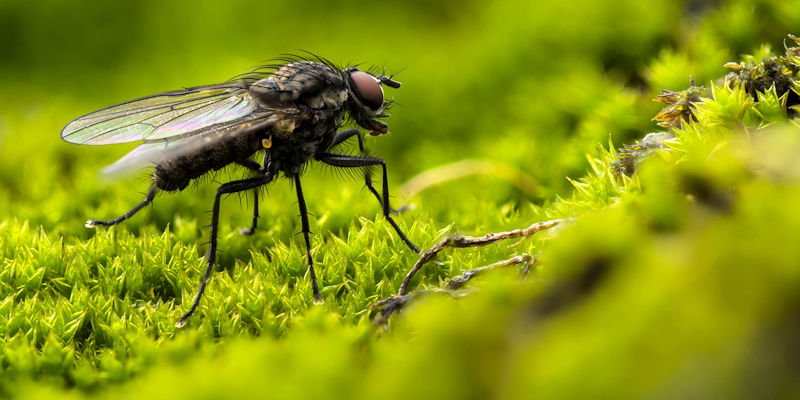
‘The true state of our condition,’ Or, where are Robinson Crusoe’s insect companions?
This event has now finished.
Event details
Centre for Eighteenth Century Studies Lecture
This talk asks a simple question: where are the flies, mosquitos, wasps, bees, or butterflies that should be present on Robinson Crusoe’s island? The purpose here is not to indict Defoe for his failure to attend to an ecological reality. Instead, it is to ask what kind of story would Crusoe tell if his greatest natural enemy were not the lion, the bear, or the cannibal, but the lowly insect. At the same time, how would his story differ were he to acknowledge the countless ways in which insects are also his invisible friends? After a discussion of how Crusoe’s very humanness rests upon the improbable fact of his complete isolation from the arthropod phylum, this talk further considers the implications and the consequences of the novel’s notable omission for the realist novel.

About the speaker
Professor Elizabeth Kowaleski Wallace
Beth Kowaleski Wallace is the author of Their Fathers’ Daughters: Hannah More, Maria Edgeworth and Patriarchal Complicity, Consuming Subjects: Women, Shopping, and Business in the 18th Century, and The British Slave Trade in Public Memory, as well as numerous essays on eighteenth-century literary and cultural topics, including a recent article entitled “’Character Resolved into Clay’: The Toby Jug, Eighteenth-century English Ceramics, and the Rise of Consumer Culture.” Her new work explores the application of Critical Insect Theory to the 18th Century realist novel. She is a Professor of English at Boston College.
Venue details
Not wheelchair accessible
Hearing loop
